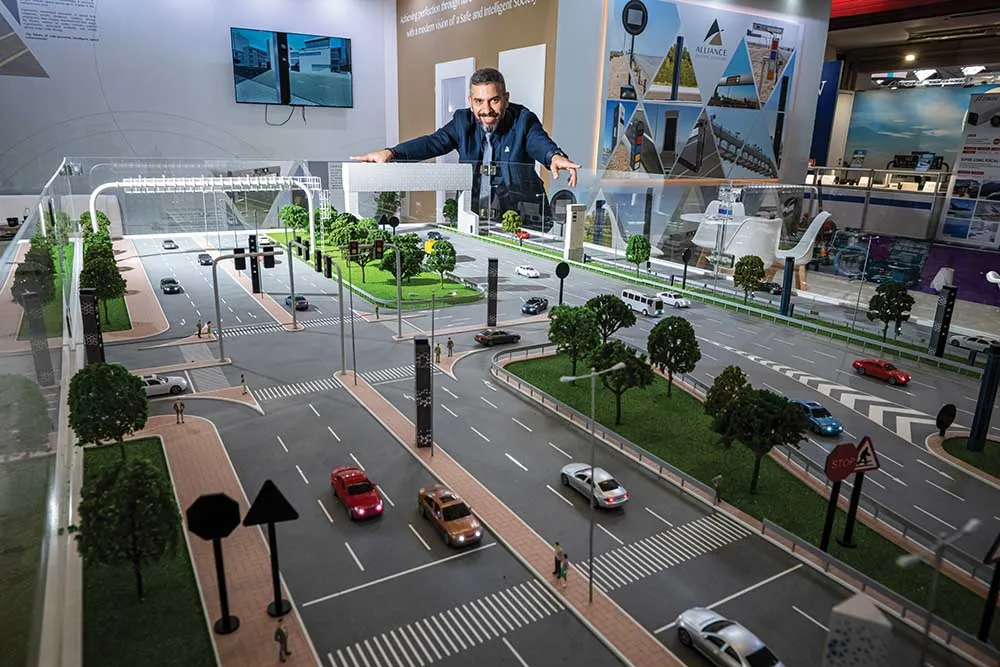UK companies Arup and Mabey have installed what they say is the world’s first modular glass-fibre, reinforced polymer bridge, with Mabey becoming the first licensed distribution partner.
The post-tensioned bridge is designed to be assembled in hard to reach sites where large cranes or heavy machinery cannot be used. Part-funded by the Rail Safety and Standards Board (RSSB) the modular bridge is expected to be of particular interest to the rail industry, providing a safer alternative to level crossings w
March 17, 2017
Read time: 2 mins
UK companies 7942 Arup and Mabey have installed what they say is the world’s first modular glass-fibre, reinforced polymer bridge, with Mabey becoming the first licensed distribution partner.
The post-tensioned bridge is designed to be assembled in hard to reach sites where large cranes or heavy machinery cannot be used. Part-funded by the Rail Safety and Standards Board (RSSB) the modular bridge is expected to be of particular interest to the rail industry, providing a safer alternative to level crossings where traditional pedestrian bridges cannot be installed.
The first bridge has been installed at a Site of Special Scientific Interest for Network Rail in Oxford. The bridge modules were light enough to be transported by an articulated lorry and then assembled on site and lifted from a distance.
Launching as Pedesta, the pre-engineered, modular and fully customisable in its form, material, colour and finish, the bridge features include identical modules, one metre in length, which are fixed together with bolted shear connectors and then post-tensioned.
The system allows spans of up to 30 metres, so it can adapt to suit any application. In addition, being lighter than steel, the modules only require a pallet truck or forklift to move, enabling faster, safer and more efficient project delivery. The material provides additional resistance to fire, graffiti, vandalism, and ultra-violet radiation.
The post-tensioned bridge is designed to be assembled in hard to reach sites where large cranes or heavy machinery cannot be used. Part-funded by the Rail Safety and Standards Board (RSSB) the modular bridge is expected to be of particular interest to the rail industry, providing a safer alternative to level crossings where traditional pedestrian bridges cannot be installed.
The first bridge has been installed at a Site of Special Scientific Interest for Network Rail in Oxford. The bridge modules were light enough to be transported by an articulated lorry and then assembled on site and lifted from a distance.
Launching as Pedesta, the pre-engineered, modular and fully customisable in its form, material, colour and finish, the bridge features include identical modules, one metre in length, which are fixed together with bolted shear connectors and then post-tensioned.
The system allows spans of up to 30 metres, so it can adapt to suit any application. In addition, being lighter than steel, the modules only require a pallet truck or forklift to move, enabling faster, safer and more efficient project delivery. The material provides additional resistance to fire, graffiti, vandalism, and ultra-violet radiation.









